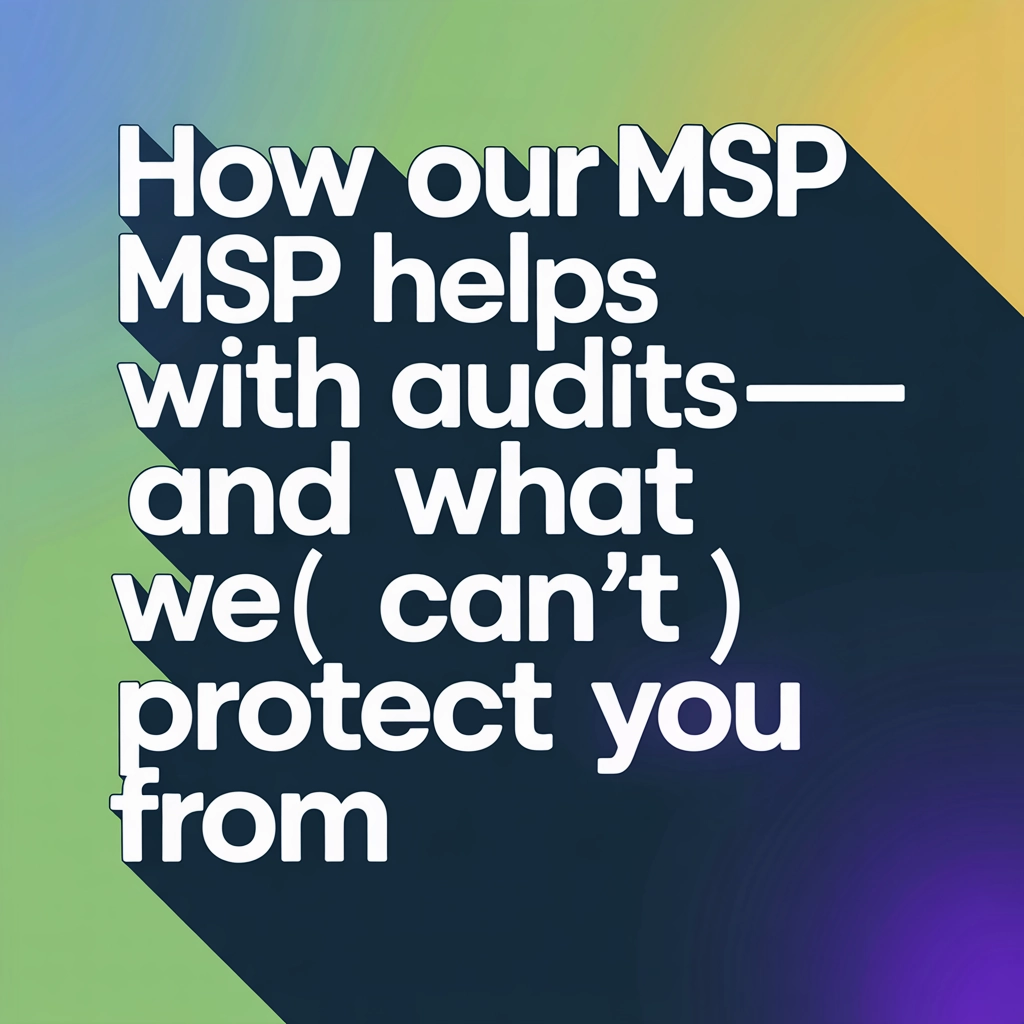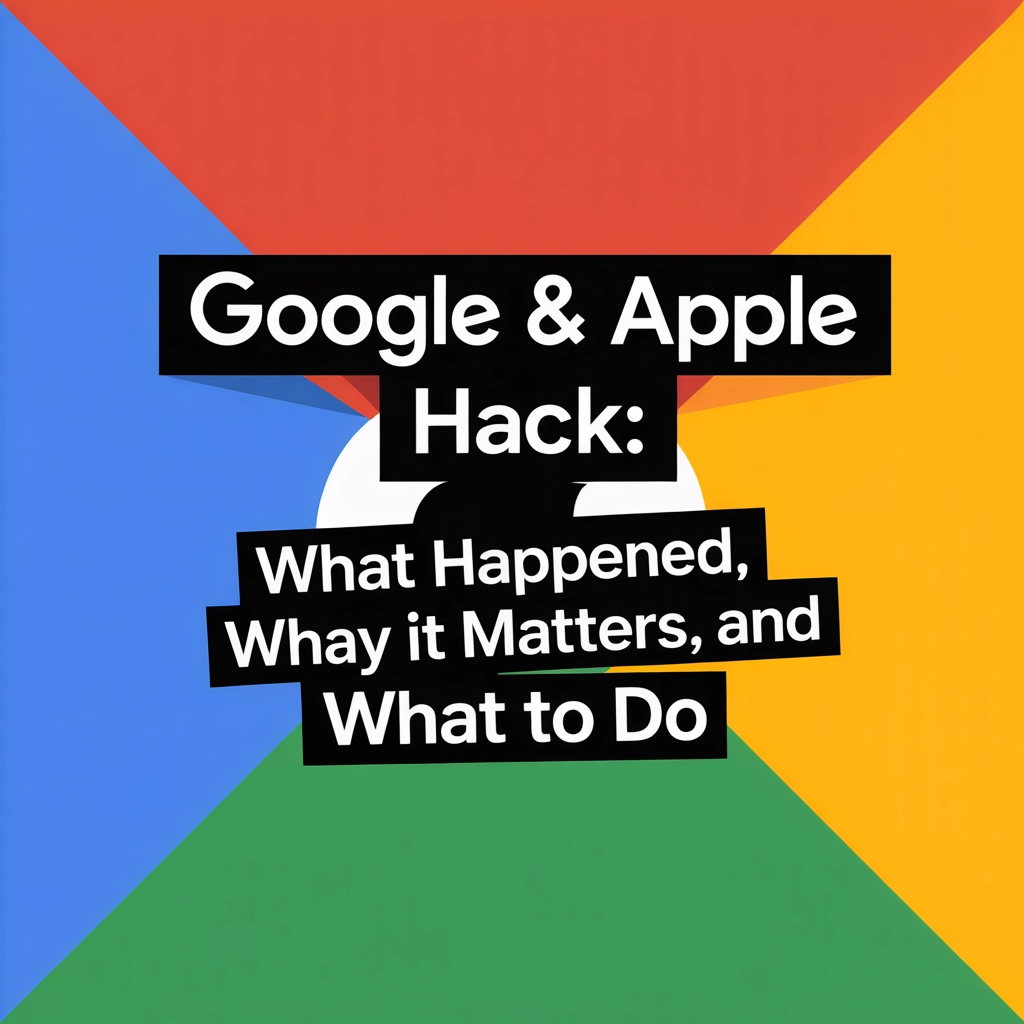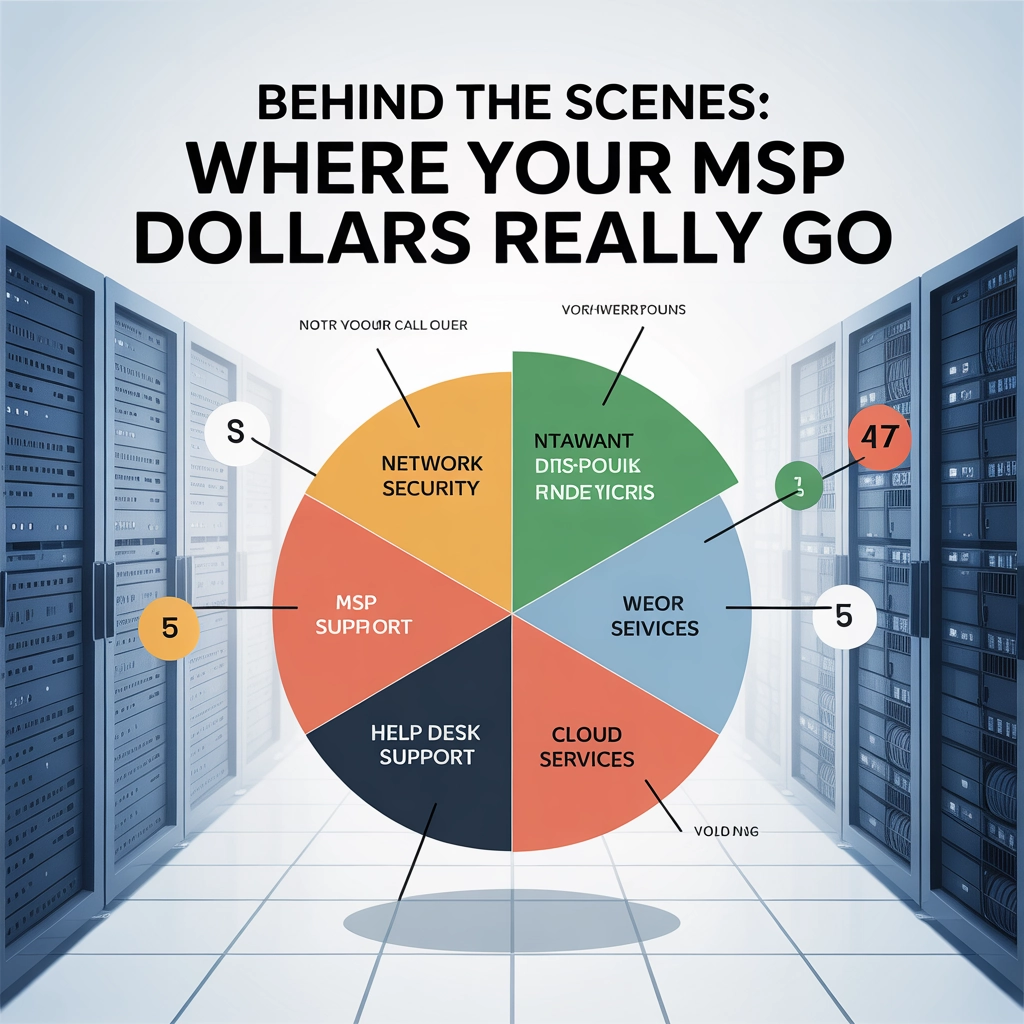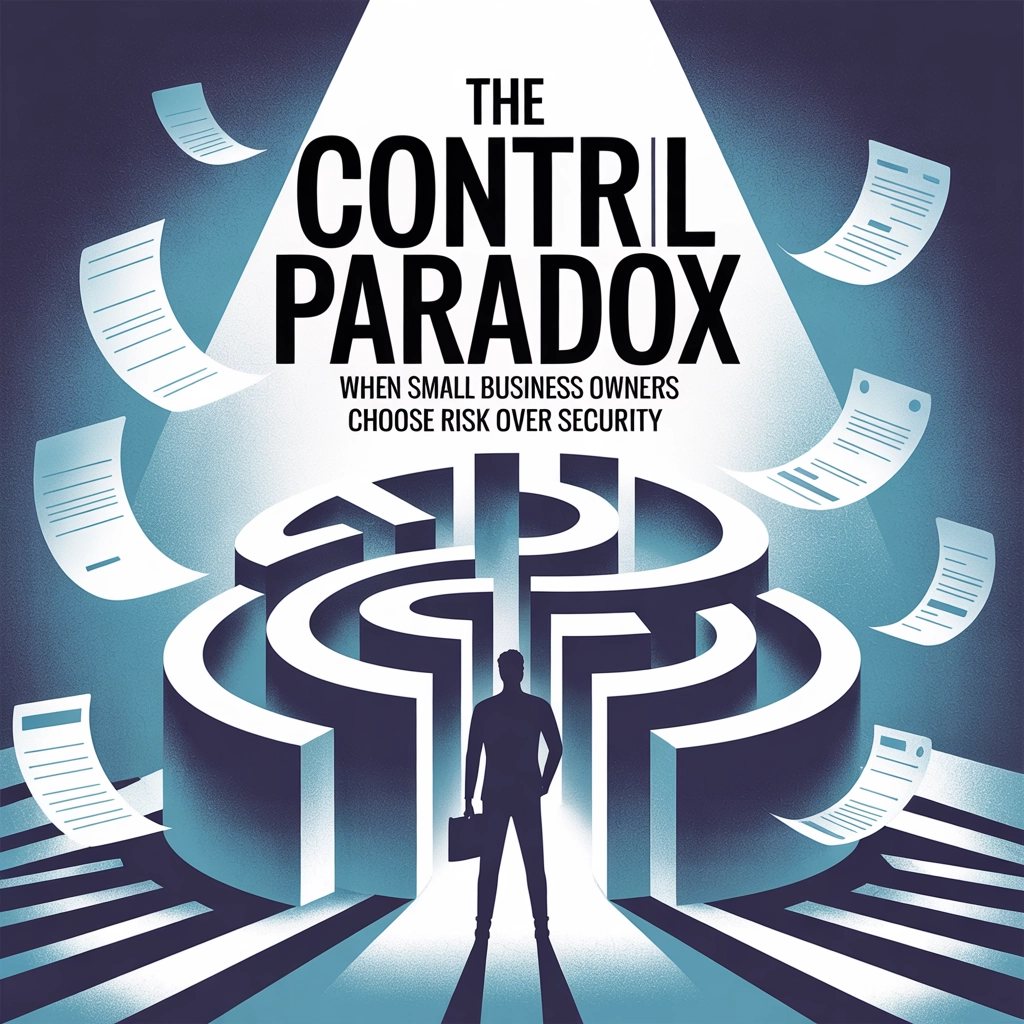So you have a tech problem, and you post on social media. You get an influx of your neighbors and friends chiming in on possible solutions. The question is, who’s right? Any of them could be, or none of them could be. The number one way I see misinformation spread is by people listening to those who aren’t experts in a subject area or not considering the expert opinion. At a company I’ve worked with, we would see people constantly doing one specific thing incorrect, that eventually spread like wildfire. It would work for a bit, then when it failed, it would fail hard. Why did this happen? Because people listened to the general crowd, then it moved on and became popular, regardless of being correct.
Another example. These EBL batteries are very highly rated. There’s a flux of real buyers reviews who are happy with them and reviewing them as a good product. However, there’s a flaw. These batteries are reportedly falsely advertised. If you poke through some of the reviews, people have done testing on them and have reported an incorrect capacity. One reviewer, in particular, tested them more in depth. See it here. Another example of social misleading.
My point, if you have a problem. Consider expert opinion over the general population. Take it into account, don’t disregard it or ignore it. Do some testing yourself and if an expert offers to assist. Don’t take it for granted!
Share this:
- Click to share on Facebook (Opens in new window) Facebook
- Click to share on Tumblr (Opens in new window) Tumblr
- Click to share on X (Opens in new window) X
- Click to share on Pocket (Opens in new window) Pocket
- Click to share on Pinterest (Opens in new window) Pinterest
- Click to share on LinkedIn (Opens in new window) LinkedIn







